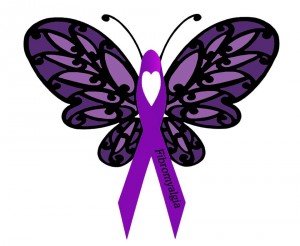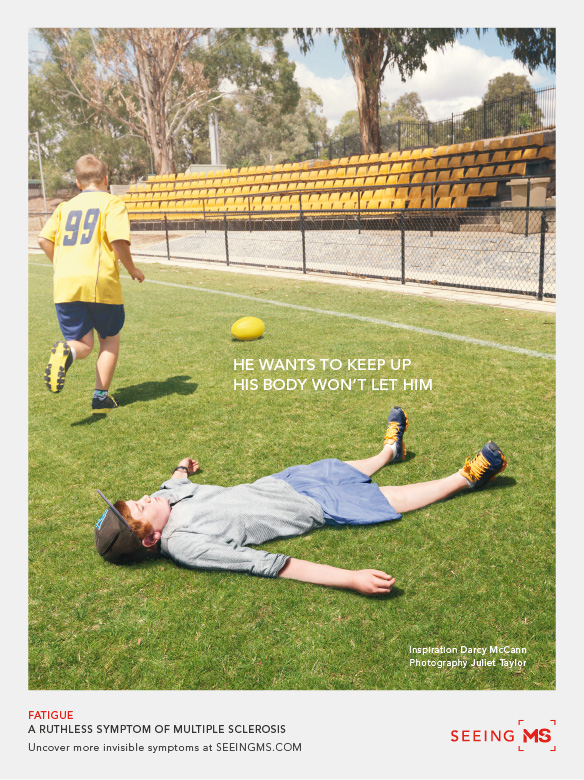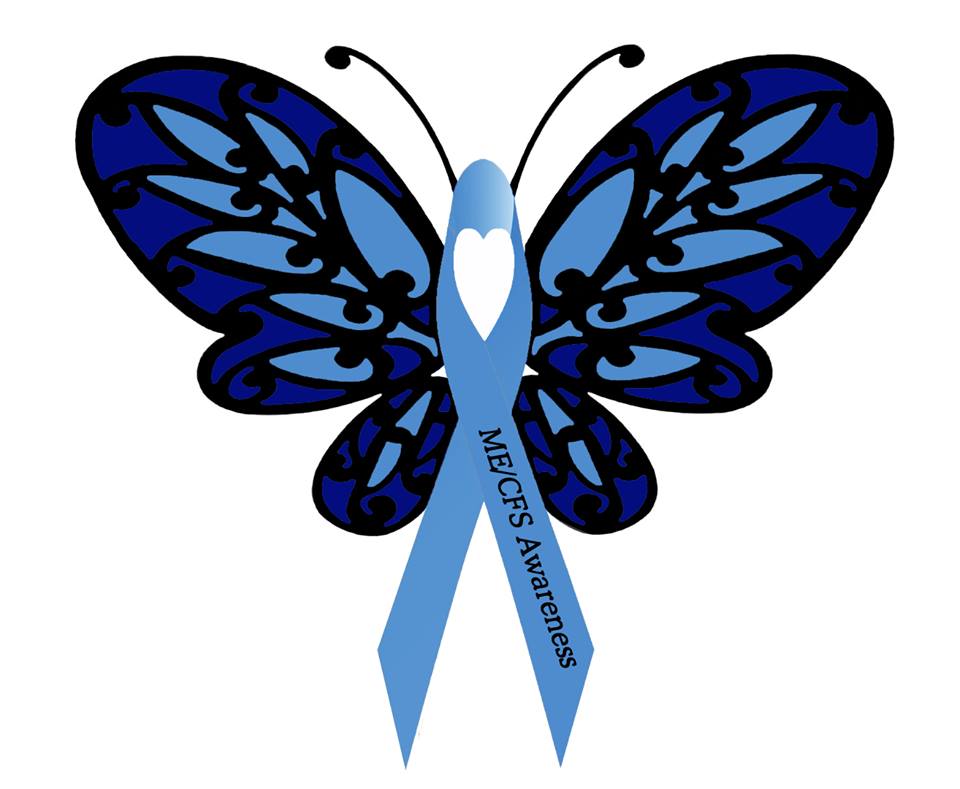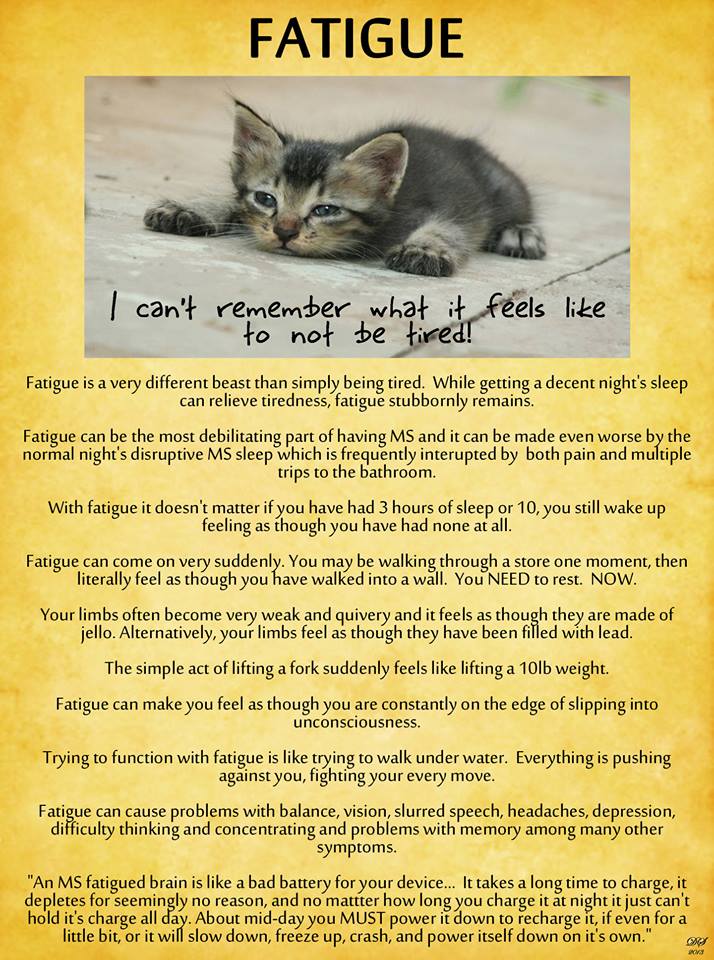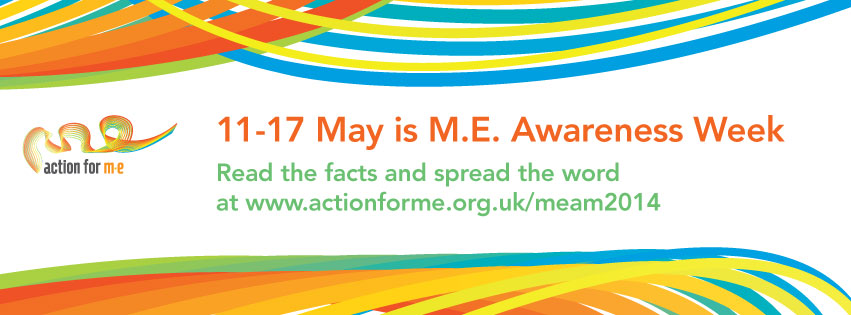The responses were amazing both in terms of quantity and quality so we decided it would be useful to run a similar discussion asking for tips you might have about living with fibromyalgia.
Firstly I’d like to say thank you to the 250 people (so far) who have replied since we started the conversation on Monday. So we would love to share with you a few of the tips . It would be great if you would care to share any of your own in the comments box and the end of this blog post.
“Find a doctor who knows and treats fibromyalgia. Get lots of sleep. Ignore everyone else’s expectations of you and slow down on life. Rest, drink lots of water and TRY to stretch daily. Your friends and family will all give you ideas on what you should do to feel better–it might get annoying—just smile and know they are just trying to help! Hope this helps!!” was great advice from Jennifer!
Brittany was simple but to the point ” Reduce stress as much as possible, take hot baths and time for yourself”
Wendy was very sensible “I had to learn to forgive myself for not being “me” any more, most days I manage it! My usual advice still stands, be kind to yourself, learn how to pace and use the NO word when you need to x”. Another talked about pacing “When your having an almost pain free day and feel good , don’t push yourself because you will pay for it a few days later , sometimes with days of pain …”
One reader shared this great idea for a birthday present “Ask for gift vouchers for therapeutic massage for birthdays and Christmas it hurts a bit at first but you feel so good afterwards. Best present ever x”
Tricia was very practical “Natural Vitamin D3, make sure it’s D3, about 30-50,000 iu a week will make a tremendous difference. Most fibro sufferers are unable to absorb normally and are deficient. Magnesium is good. Take fish oil to go with the D3 and take K2. They enhance each other. Also, heat helps. Hot baths, and extra blanket, and warm sweater. Massages and chiropractic care are definitely a help. Yoga and exercise on your good days. Lastly, rest and reduce stress because these are our biggest triggers along with the weather. Rain is evil. Lol! Take care of yourself.”
And Shell talked about “Do your own research. Believe in yourself & write all of your issues down.”
Which, of course, is one of the aims of this post. So as we said earlier what should be added to this list of tips?
Please use the comments section below to share yours.
